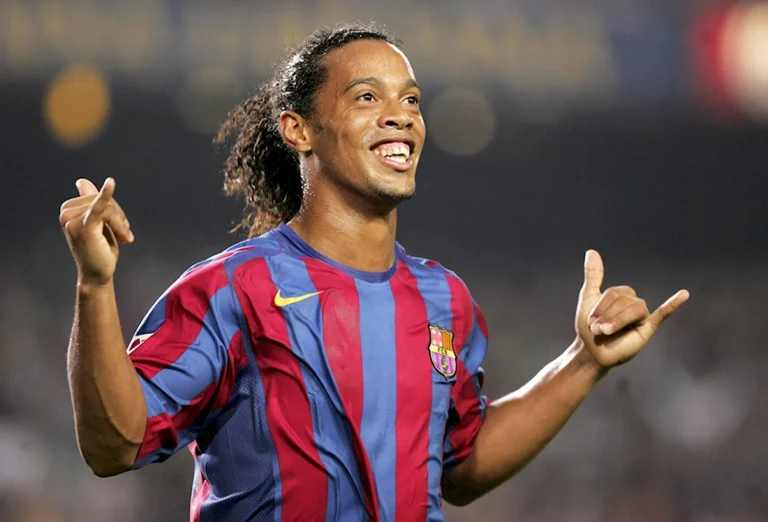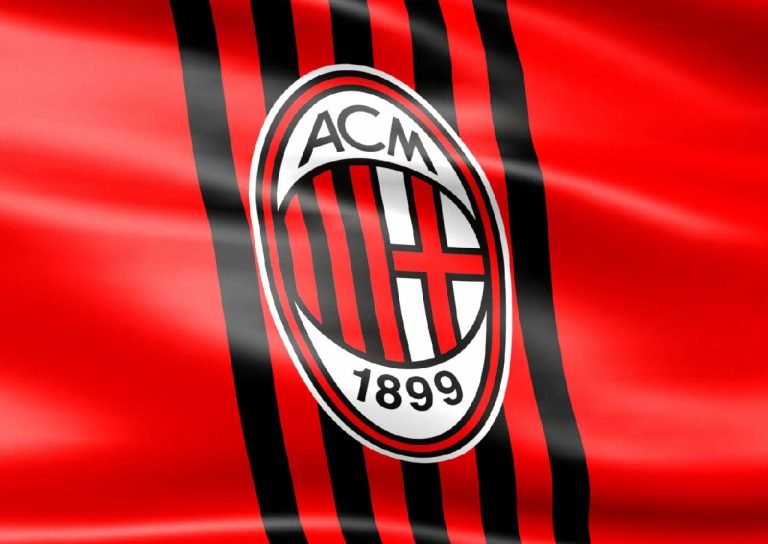It all started with numbers, not sentiments. Lionel Messi’s biography began on June 24, 1987 in Rosario, Argentina. He signed his first contract with Barcelona at the age of 13 on a napkin. He made his debut in the main squad in 2004. Since then, he has won 8 Ballon d’Or awards, 4 Champions League titles, 10 La Liga titles, 3 Copa America titles, and 1 World Cup. Over his career, he has scored more than 830 goals. On the field, he is a mathematician in cleats. Every move is precision, every pass is a decision.
Lionel Messi’s Biography: Numbers That Speak Louder Than Headlines
As of 2024, his biography includes 1032 official matches and 821 goals scored. In the Champions League, he has scored 129 goals. For comparison: this is more than any player in history, except for Cristiano Ronaldo. The Messi vs. Ronaldo rivalry brought 15 years of calibrated fire to the football industry.
Messi is a record holder not only in the number of goals for club and country, but also in the number of assists — 354 precise passes. This figure surpasses even midfielders, for whom passing is a working tool. He has turned it into an art.
Transfers, Contracts, Investments
After leaving Barcelona in 2021, the footballer’s career took an unexpected turn — he joined Paris Saint-Germain. His 2-year contract was valued at 94 million euros. During this period, he scored 32 goals, provided 35 assists, and won 2 trophies.
In the summer of 2023, he transferred to Inter Miami. The club, owned by David Beckham, offered not just a contract, but a model — a partial stake in media rights, franchise, flexible schedule, and extensive PR. The transfer impacted not only sports but also the MLS economy: season ticket sales increased by 170%, and match viewership by 480%.
Earnings Without Fanfare: How Much Messi Earns
The footballer’s career includes not only sporting achievements but also one of the most well-thought-out financial strategies in the world of sports. His income is not based solely on fees but on a comprehensive system where each element reinforces the others. The financial model is built on a balance between the game, media, and business.
The list of the player’s key sources of income:
- Club salary — $65 million.
- Endorsement deals — $70 million.
- “Messi Burger” franchise (USA, Mexico, Spain).
- Apple TV+ documentary series.
- Digital NFT platforms (MessiVerse).
- Own clothing collection “The Messi Brand”.
Each revenue stream scales the brand without losing authenticity. The earnings support not only the career but also the transformation of the image into a sustainable business unit.
Personal Life Behind the Cameras: Messi’s Family and Life
The biography includes not only fields and titles. He is married to Antonela Roccuzzo — his childhood sweetheart. They have three children. His private life excludes publicity for stability. He avoids the spotlight, focusing on his inner circle.
His personal life remains a zone of privacy despite media pressure. His house in Miami spans 2,300 m², with a gated area, high walls, and minimal external noise. His legacy is distributed through trust funds, the Faena Group financial group, and a legal structure in Monaco.
Idols Who Inspire New Champions
Every generation of football chooses its idol. Lionel Messi’s figure not only entered football history but rewrote its structure. And not just because of the goals. His influence on the sport is based on discipline, modesty, and continuous work.
Youth players from Asia, Europe, and Latin America emulate his style of play, movements, and even fashion. He is not just an athlete. He is a sports icon transcending football.
National Team, Titles, Victory of the Century
The Argentine national team of 2022 crowned his biography. The victory at the World Cup in Qatar after the final against France (3:3, 4:2 on penalties) solidified the footballer as a complete legend. 7 goals, 3 assists, recognition as the best player of the tournament. A team where the leader leads not by shouting but by example.
Publicity and Media
Messi does not build an image. He exists as a phenomenon. The media create the image themselves — through facts, interviews, numbers. Magazines, analytics, sports journalism analyze every match, every move, every emotion.
Fans create memes, tattoos, murals, fan clubs in 83 countries. TikTok and Instagram follow his training sessions, on-field appearances, even gestures. Publicity has become not a choice but a byproduct of greatness.
Lionel Messi’s Biography: Statistics Worthy of the FIFA Archives
Lionel’s football career is the geometry of results. His biography records 44 titles won at club and national levels. Including 10 La Liga wins, 7 Copa del Rey wins, 4 Champions League titles, Olympic gold, and the long-awaited 2022 World Cup trophy.
The statistics not only record the quantity but also the density and stability. Over 30 matches per season for 18 years. A goal-scoring rate of 0.79 goals per game. For comparison: the legendary Pelé had 0.84, but in a significantly less dense schedule.
The footballer finishes seasons at 36 years old at a level unreachable for most 25-year-olds. The secret lies in rhythm and diet: 5 training sessions per week, recovery in a hyperbaric chamber, monitoring indicators through biometric chips. Each element is a point in the equation called results.
Lionel Messi’s Biography: The Code of an Era
Football evolved alongside Messi. Before his arrival, the game leaned towards speed, physics, and strength. After him, the focus shifted to precision, coordination, spatial thinking. His influence on the sport is comparable to Steve Jobs’ influence on digital culture. One changed screens, the other — fields.
Messi proved that genius does not require loud statements. Just hard work, just the field, just the ball. Today, the story of his career is included in FIFA educational modules as an example of an outstanding sports path. In sports marketing case studies, in lectures for aspiring footballers in academies from Qatar to Buenos Aires.
Conclusion
Lionel Messi’s biography closes an era and opens a new one. It lacks eccentric deeds, drama, scandals. Only numbers, titles, records. A path that became an example.
Lionel did not leave football — he reshaped it. His legacy includes not only goals but also thinking, ethics, and a cultural footprint.













